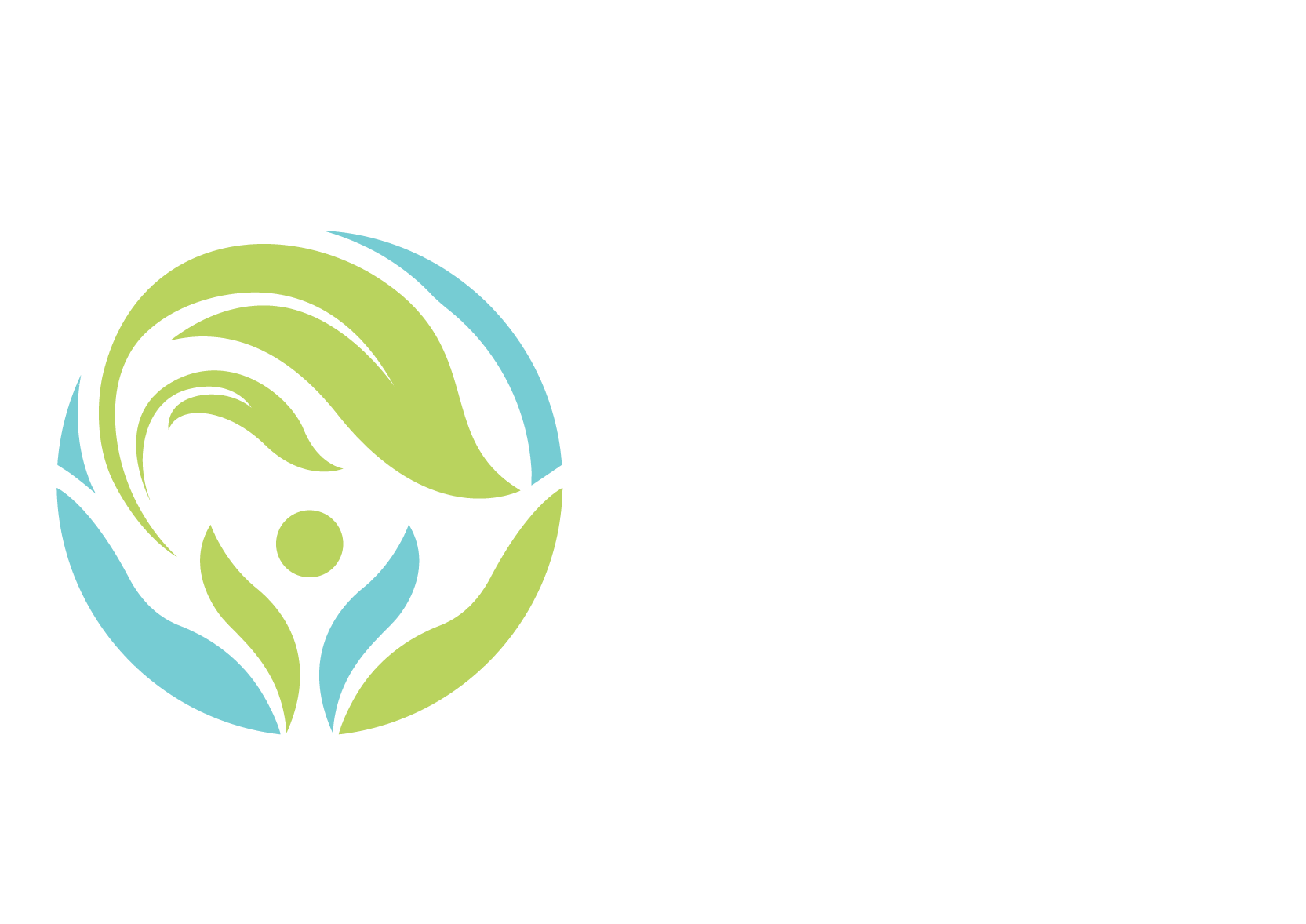Education
A Women Development Organization (WDO) with a focus on education plays a vital role in empowering women and promoting gender equality. Here are key components and initiatives that such an organization might undertake:
Girl Child Education:
- Promoting and supporting the education of girls, especially in areas where they face barriers to access education.
Scholarship Programs:
- Offering scholarships and financial assistance to economically disadvantaged women to help them pursue higher education.
Literacy Programs:
- Implementing literacy programs for women, particularly those in rural or marginalized communities, to enhance their basic reading and writing skills.
Vocational Training:
- Providing vocational training programs to equip women with practical skills that enhance their employability and economic independence.
STEM Education Initiatives:
- Encouraging and supporting women and girls to pursue education and careers in science, technology, engineering, and mathematics (STEM) fields.
Life Skills Education:
- Offering life skills education to empower women with essential skills such as communication, problem-solving, and decision-making.
Awareness Campaigns:
- Conducting awareness campaigns to highlight the importance of women’s education and challenge societal norms that may hinder their access to education.
Community Education Centers:
- Establishing community education centers to provide accessible and informal education to women who may have missed formal schooling opportunities.
Digital Literacy Programs:
- Providing training in digital literacy to ensure that women are equipped to navigate the digital world and take advantage of online educational resources.
Mentorship Programs:
- Facilitating mentorship programs that connect women with successful professionals and role models to guide them in their educational and career paths.
Parental and Community Involvement:
- Encouraging the involvement of parents and communities in supporting and valuing the education of girls and women.
Advocacy for Equal Educational Opportunities:
- Advocating for policies and practices that promote equal educational opportunities for women at all levels, from primary education to higher education.
Health and Hygiene Education:
- Integrating health and hygiene education into educational programs to address holistic well-being and ensure that women are healthy and able to attend school regularly.
Tailored Educational Initiatives:
- Developing educational programs that are tailored to the specific needs of women, considering factors such as age, socio-economic status, and cultural background.
Research and Data Collection:
- Conducting research to identify barriers to women’s education and using data to inform the design and implementation of effective educational initiatives.
By focusing on education, a Women Development Organization contributes to breaking the cycle of poverty, improving health outcomes, and empowering women to take active roles in their communities and societies. Education is a key driver for gender equality and the overall development of individuals and communities.
